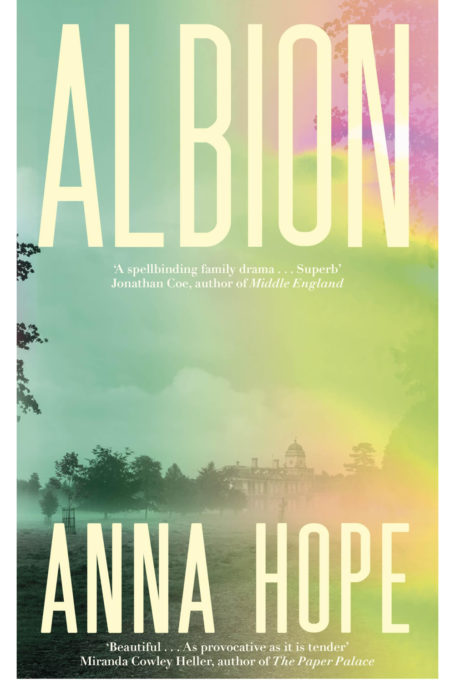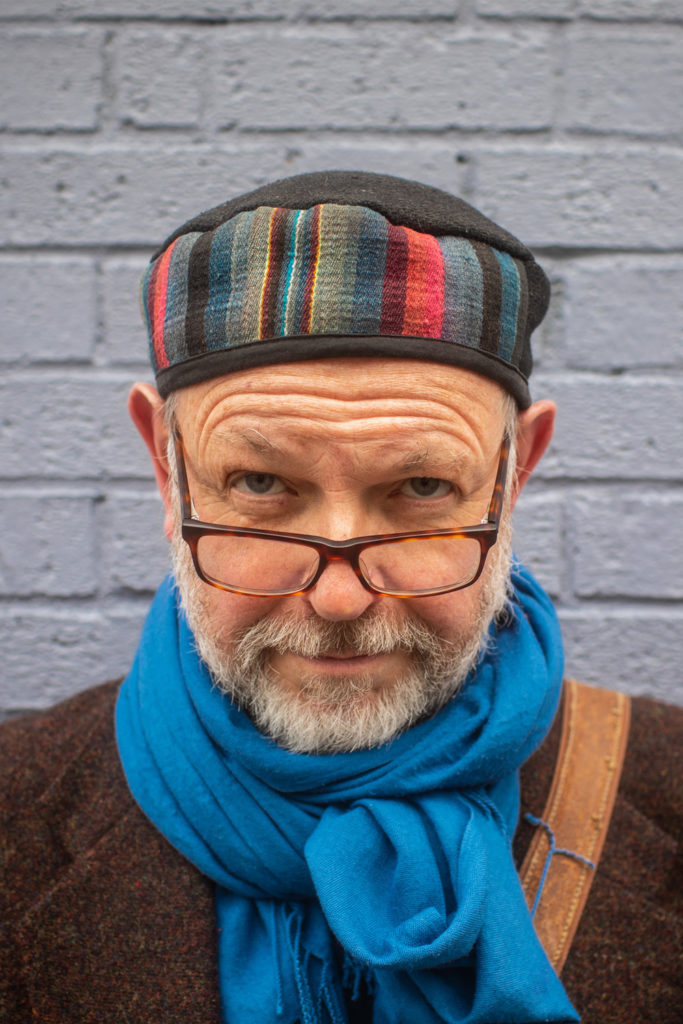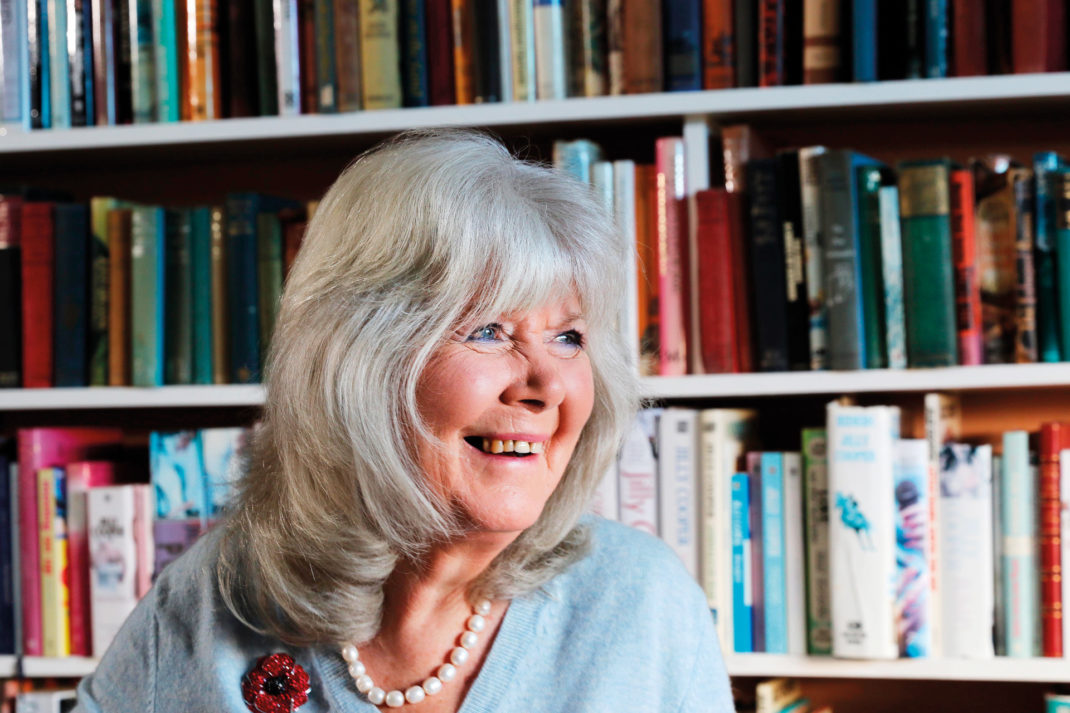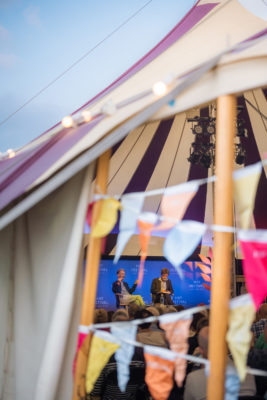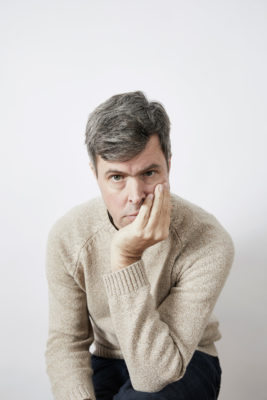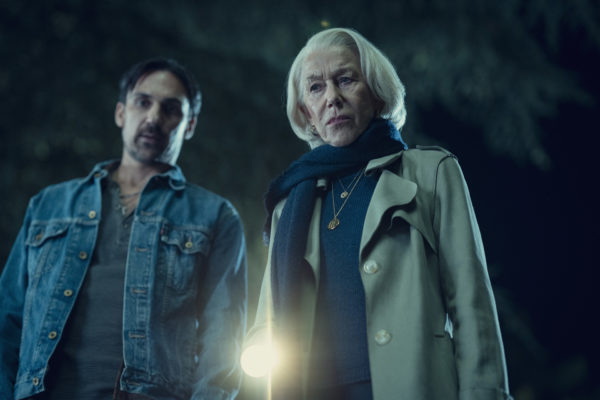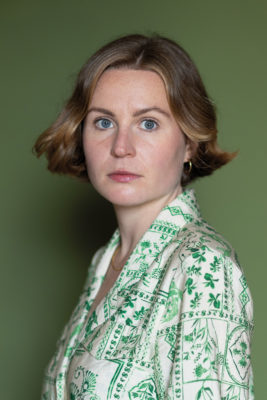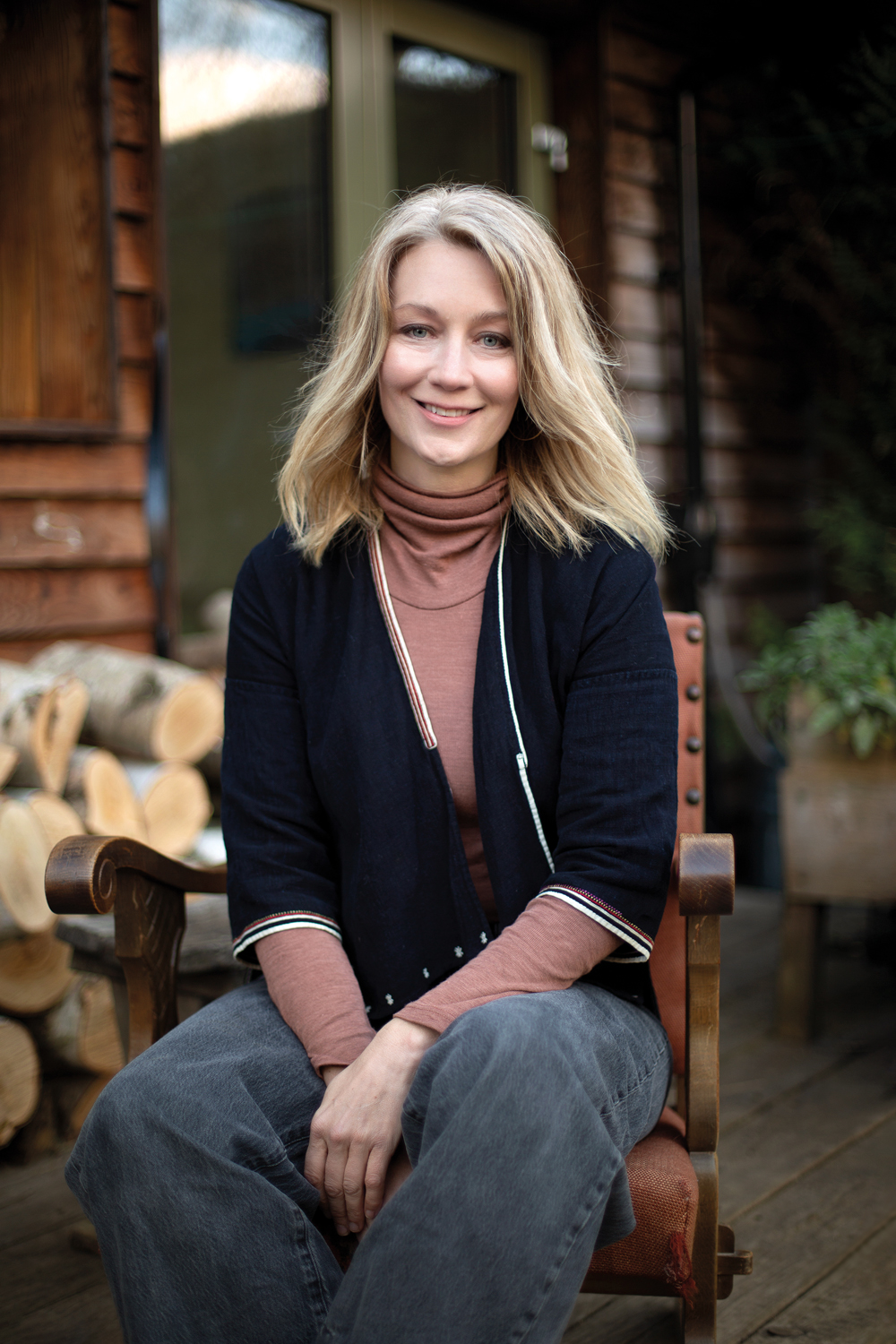
Anna Hope On Rewilding, Radicalism & Summer Raves
By
10 months ago
Albion by Anna Hope is this month's C&TH Book Club pick
In May’s Book Club Anna Hope talks to Belinda Bamber about rewriting the traditional country house story.
C&TH Book Club: Albion by Anna Hope
Belinda Bamber: Albion begins with a dysfunctional English family reuniting on their ancestral country estate in Sussex for the funeral of the patriarch. The house has been left to the eldest daughter, Frannie, who already runs the estate. But shock disclosures about the family’s colonial history introduce wider ideas of legacy that threaten her vision for the future. What was the seed of the story?
Anna Hope: I think it was Richard Powers who said that his current novel is always a reaction to his last. My last book was set over four centuries off the coast of Mexico, and this one is set half a mile from my house over five days. I wanted to write something that felt close to home in every sense, that dealt with the deepest questions I was carrying about how we can move forward as a country, as a species – what we owe to the past, to future generations, to the land itself. I also wanted to wrap all those questions within a family drama set on a beautiful patch of English countryside; I’ve always loved a good country house novel.
BB: What’s your experience of grand country houses and did you have a particular building in mind when you were writing?
AH: I didn’t have a specific estate in mind while I wrote, although there are two Greek Revival houses within a stone’s throw of my house – both built in the last decade of the 18th century by the same architect, Benjamin Latrobe. Latrobe was an ambitious 20-something when he built them, fresh from his Grand Tour, his mind on fire with what he had seen of the Temple of Apollo in Delos and the pillars at Paestum.
The two houses had very different fates: one was owned by plantation owners who actively campaigned against abolition, then became a prep school mired in abuse scandals. The other house had this eccentric, countercultural history – Led Zeppelin lived there for a decade. These two country houses seemed to represent very different poles of the English psyche, and I drew on them both for the book.
BB: Albion is a resonant title, representing not just Britain’s pre-Roman name and the nostalgic idea of ‘olde England’, but also the ancient Greek term for whiteness. What’s its key significance for you?
AH: I wrestled a lot with the title – who the hell was I to write a book called Albion? I’m a northerner with working-class Irish roots. But then, who does have the right to write into the spaces that Albion occupies into our collective psyche? And if we don’t all have the right to imagine ourselves into that space, then are we leaving it open to the those who might want to manipulate it for sentimental nationalisms?
My ideal Albion is a plural place, that doesn’t rely on being born here or voting a certain way.
I think a lot about the story of the Kinder Scout Mass Trespass of 1932. It was led by young working-class men and women, many of whom were Jewish and whose parents had escaped the pogroms – who were living in city-centre Manchester, working in factories during the week and getting out onto the Peak District for fresh air at the weekend. They got sick of being penned into thin, muddy paths while the rest of the land was managed for grouse shooting, and trespassed over by Kinder Scout, claiming their right to walk there. The Ramblers – a movement we might think of as very middle class and small ‘c’ conservative, was born out of that moment. That act of nonviolent protest, animated by a love of land, encapsulates a certain spirit of Albion for me.
BB: You write lyrically of seven-year-old Rowan’s love of nature – does that reflect your own experience?
AH: Yes, it does. I moved to the Sussex Weald when my daughter was a baby, and together we learned to know and love the countryside that surrounds us. My daughter goes along to a Nature Connection mentoring course every month and it’s so practical – she’ll come home telling me she skinned a shrew or foraged for bramble heads. She’s interested in butchering, in eating roadkill deer. So far there doesn’t seem to be much sentimentality or projection in her relationship with the living world. I wanted Rowan in Albion to carry that practical, grounded way of being and seeing.
BB: There’s a folkloric aspect to the earthling child, Rowan, the mage-like woodsman, Ned, and ‘the stranger’, Clara, who heralds change. To what extent is your writing influenced by myths and fairy tales?
AH: I absolutely wanted this book to have a touch of enchantment in it, and I wanted Ned’s wood to be a sort of Arden – a place and space of deep green to which the characters are irresistibly drawn, where they can change, rearrange, fall in love with each other and the living world. It needs to be a light touch though, or it can overwhelm the narrative – a little goes a long way I think!
BB: The Teddy Bears’ Picnic sounds like an English Woodstock – three days of Saltburn-esque dancing, drugs and free-spirited privilege. Do you enjoy the UK’s summer round of outdoor festivals?
AH: I love festival season. In Albion, Ned says that wild places had a hand in bringing him up, and I feel a little like that about UK festivals. I’ve learned so much from getting out into (usually West Country) fields in the summertime. There’s bands and hedonism, yes, but there’s so much more; at solar-powered festivals like Big Green Gathering I met people who opened my eyes to different ways to live. And there were always those magical times you’d stumble into a gazebo a 6am and meet a grizzled old bloke who would put on some rare vinyl and fry you an egg butty and talk to you about Britain’s wild, radical past.
My favourite of the festivals has always been Glastonbury, I’ve been going for more than 30 years. Our friends run a gorgeous, solar-powered stage there, and so the festival becomes a big, beautiful family reunion. I’m taking my daughter for the first time this summer and I can’t wait.
BB: Isabella describes rewilding investors as ‘these big-swinging corporate dicks and their predator fetish’. How can estate owners eliminate ‘dirty’ money from ‘clean’ initiatives?
AH: I guess when you’re looking for those larger amounts of investment it’s hard to find truly clean money. And there’s also the issue of what a rewilding initiative includes and excludes. In Albion there’s Frannie’s 1000-acre version and then there’s the place in Scotland Jack is going to run – 100 000 acres of it. When putting those words into Isabella’s mouth in the novel, I was thinking about those very wealthy characters who are drawn to rewilding. Someone like James Goldsmith who was this corporate titan, ripping into the post-war social compact in the US and the UK and remaking the financial sector with an explicit predator style capitalism, then retreating to a wild idyll on the Pacific coast of Mexico. He preserved that virgin jungle, but at what cost to the social fabric? It’s complex. There’s a Citizen Kane-style film to be made about someone like that. Maybe I need to write it.
BB: As I was reading Albion I reproved myself for speculating about whether you identify with Frannie, given your shared activist background and young daughter. Is it irritating when readers try to spot personal narrative connections?
Not really, no and I do it myself all the time, so I’d be a hypocrite if I said I minded, although the point could be made that female authors tend to get this a lot more than male authors. Frannie carries so many of my questions, and her blind spots have been some of my blind spots: thinking that environmental issues can be siloed, that it’s all about bringing down carbon, or even that a project like hers is wholly, unproblematically good. Above all I think she sees herself as a highly moral person, who has pledged her life to change, I wanted to put her under pressure from all directions and see how she fared.
BB: Did you feel awkward as a white writer telling dual-heritage Clara’s story?
AH: I did feel daunted, yes. I asked myself whether the novel would be thinner without her voice, and when the answer was yes, then I knew I needed to find way to weave Clara’s character in. I sought help from generous friends, and had a sensitivity reads via the publisher too.
BB: I am struck by the compassionate understanding of human frailty in your writing, which makes your characters believably layered, contrary and engaging. How did you gain these insights?
AH: I’m only really interested in characters who are contradictory. I think the idea that we should experience and identify ourselves as a coherent self is one of the greatest and most dangerous of fictions – we are multiple and contain multitudes!
I’m not sure about insights but I can say that Jungian psychotherapy was a game-changer for me. And my experience of psychedelic medicines has been transformative too, although there’s a shadow side to the psychedelic scene, especially as big money starts to invest in these compounds – another theme I wanted to explore in Albion.
BB: You have a droll ability to reflect English cultural life (eg middle-aged white people drinking lattes on hay bales while chatting about their dogs and pilates teachers) without being unnecessarily cruel. Who are your favourite humorous/satirical writers on social mores?
AH: Jane Austen, of course – I thought a lot about Mansfield Park while writing Albion, the way she juxtaposes ideas of stability and certainty, legacy and continuity, against progress and disruption. Edward St Aubyn’s Melrose novels – he’s a real insider able to rip into the viciousness and brutality of his class and find incredible pitch-dark humour in the most traumatic of events. And I love Rachel Cusk for her precision-tooled skewering of middle-class discontent in early novels like Arlington Park.
BB: Which authors currently inspire, excite or comfort you?
AH: We are living through a time of huge, intersecting crises and there’s a comfort for me in reading writers who are engaging with those crises in generative ways.
I return to Rebecca Solnit often, her Hope in The Dark, over 20 years old now, is a deeply comforting work. At the beginning of that book Solnit quotes Virginia Woolf, who wrote on the eve of the First World War: ‘The future is dark, which is, on the whole, the best thing a future can be.‘ I love that reframing of the dark as generative place where true change is seeded – a seed must germinate in dark soil before blooming in the sun. Solnit has a new book of essays coming out soon, No Straight Road Takes You There, and I’m excited to read them.
BB: You were a Rada-trained actress for 10 years, notably in Doctor Who. How has that experience impacted your writing?
AH: I may not have been such a successful actor and spent way more time in call centres than on stage, but I did have a lot of auditions and read a huge number of scripts. Scripts taught me about pace and structure in ways I have drawn on since when writing novels.
I tend to write a lot of dialogue in my books too – I love what a good dialogue scene can reveal about character’s inner lives without having to resort to the narrative voice. I’m now starting to explore screenwriting and loving it. Amongst other projects I’m in the process of adapting Albion for screen with a wonderful producer. It’s a challenge, but one I’m really loving.
BB: Our ‘Regeneration‘ issue is coming up this summer. What does that word mean to you?
AH: The first thing I think of isn’t the natural world at all, but Pat Barker’s wonderful book about Sassoon and Owen and the post-traumatic stress of WW1. I spent four years researching that war for my debut novel WAKE, and I felt real echoes when I researched boarding school trauma for the character of Milo in Albion: domination, empire, colonialism, it’s all part of the same creed that has allowed us to desecrate our relationship to the living world.
That’s a rather bleak response to a beautiful word – when I think of regeneration, I also think love and enchantment and magic. There are a lot of people who talk about re-enchanting the world, as though it’s something we humans need to add to our to-do list, but in my experience we only need to open ourselves to an enchantment that never went away. One thing I do every morning at this time of year is listen to the dawn chorus. I’m an early riser anyway, but waking with the first bird starts the morning with a little bit of everyday magic – a reaffirming of our place in the web of life that surrounds us and holds us. It makes me feel connected and held and deeply alive.
READ IT
Albion by Anna Hope is published by Fig Tree, and is out now.
Hardback, £16.99


